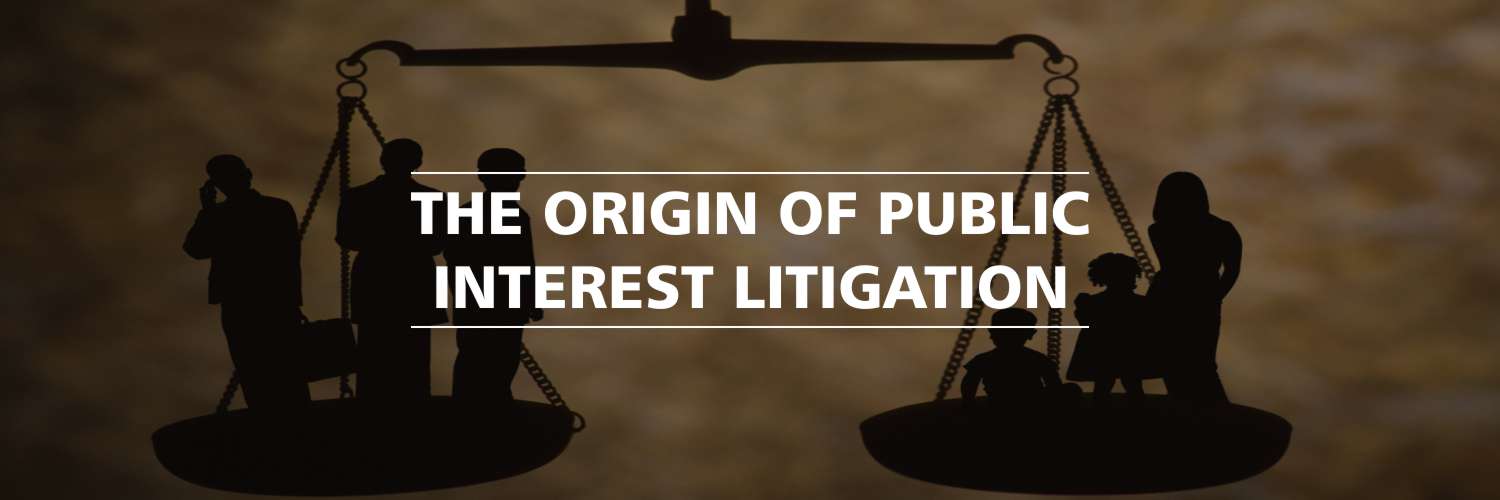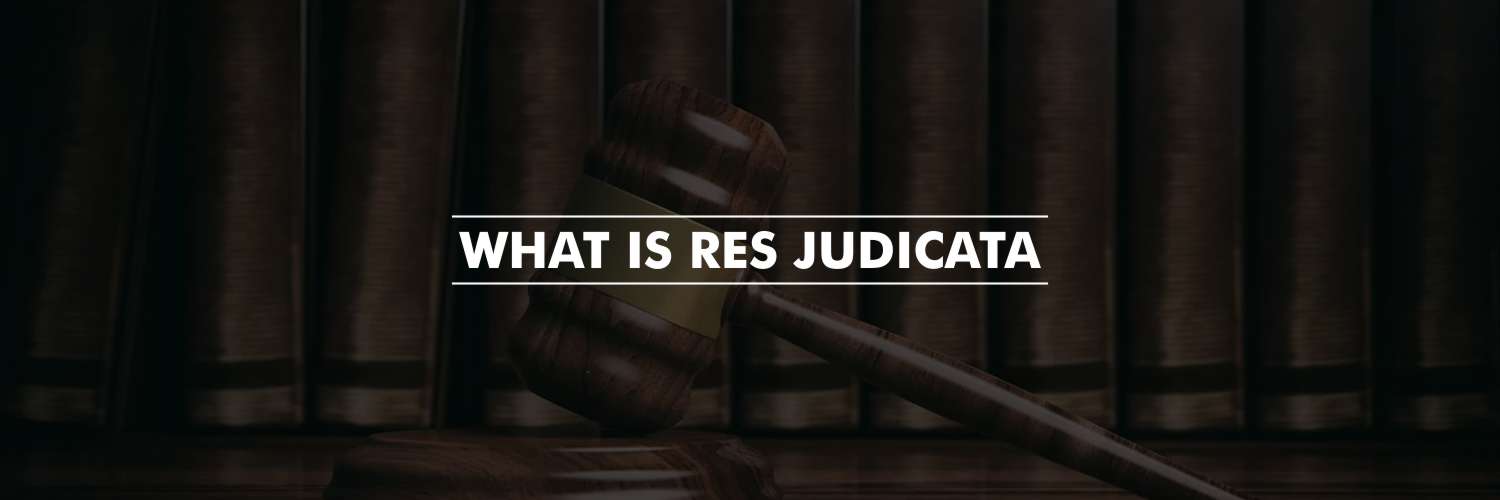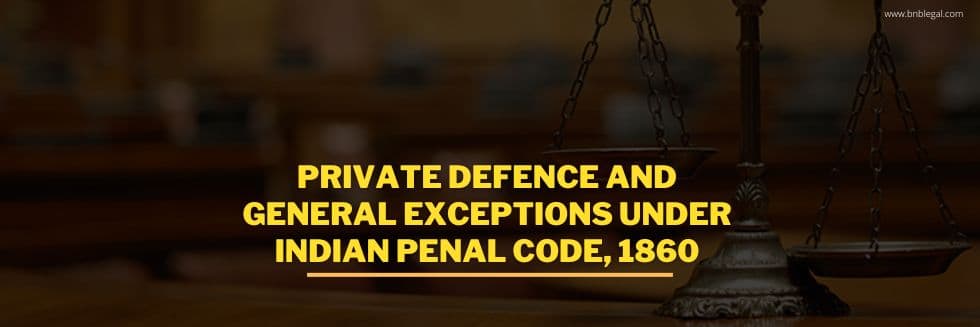More than quickly given a YES by a Writ Lawyer? Rethink!
With the increasing responsibility of the state into the public realm, for the good of the public, the departments and the works of the administrator had increased. State, legislation, government, administration, all are abstract concepts but, being run by real persons. And human nature tends to err. The errors are neither to be perpetuated. A small error may lead to a bigger one and yet to a larger implication which at a point of time may cross the threshold of no return.
That is why it is necessary to have a mechanism in order that the error is detected and rectified at the earliest.
Thus, we have a hierarchy of experience, intelligence, prudence, and, of course, power. The legislature legislates, the administrator executes and judiciary judges it impartially. Though these three pillars are stated to be of equal importance, yet the fact remains, the one central fulcrum has to hold the entire edifice and that is judiciary. This basically is the idea behind the conceptual powers of writ jurisdiction. A plea that some statutory or constitutional right of a person has been violated by the state authority is taken to the High Court or Supreme Court for a judicial review and scrutiny and for appropriate orders on the issue. The violation or error might have occurred intentionally or out of inadvertence, but, if it has violated a substantial statutory/ constitutional right of the citizen, the citizen has a savior under the rule of law as propounded by Dicey. There are books and books written on writ jurisdiction and administrative law. Very many leading cases and a plethora of cases being decided daily in various higher courts. The ocean of law is immense but then you have to pick your own pearl. Whenever a person enters the law office with a grievance against an administrative action, the first and foremost clarity one has to give as how and which of his right has been violated and by what administrative action. The aggrieved generally knows what pinches him where. But he may not be having the exact legal phrase to express it.
Therefore, he is in search of the best lawyer, in fact, writ lawyers within his needs and limitations to express his cause.
At times, a layman simply comes in and tells that he is entitled to any post or benefit which others have got and he is left out. The job of a good lawyer is to find out which rule/s entitles him in the first place. Why and how it has been violated, was there a reasonable cause at all, which the client is over-looking or hiding; and most importantly, has he come in time while the limitation hasn’t expired on the face of an issue? Also, there are subsequent questions as to the client’s state of being which may tell if there are any factors to his life of a nature to compel him to hide or overlook the reasonable cause to his situation perceived as a problem? Did he ever approach the department to get his right enforced before coming to the court? Are his actions and approach ruled by personal vendetta?
Even the Best Advocates and the Best Lawyers face this real time problem where the clients insist on suing the Administrative Department for the personal ideological differences, clashes and ego conflicts with their colleagues.
A good lawyer/ good advocate is one who rightly suggests his clients whether or not his claim is sustainable in the eyes of the law. Ultimately the writ laws and Writ Lawyers are not a means to serve people, their conflicts or to create issues. But to uphold justice and in its interest, solve them. After all, lawyering is a profession where best results are only given through best work of the mind, complimented by a thorough research.





